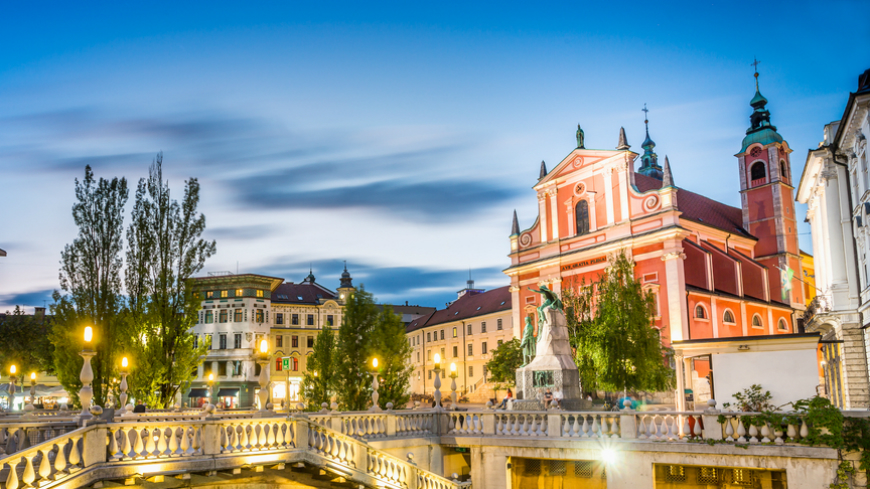In its new report published today, the Council of Europe’s anti-trafficking expert group (GRETA) analyses progress achieved by Slovenia since the publication of its first report in January 2014 and outlines outstanding issues.
The legal framework in Slovenia has been further developed, in accordance with GRETA’s recommendations. As a result of amendments to the Criminal Code, the use of services provided by a victim of trafficking in human beings, with the knowledge that the person concerned is a victim, has been criminalised. Victims of trafficking holding temporary residence permits have been granted access to the labour market. GRETA welcomes the specialisation on human trafficking cases introduced at the Prosecutor’s Office, as well as the training provided to relevant professionals.
While welcoming the adoption of the Manual on the Identification, Assistance and Protection of Victims of Trafficking in Human Beings, and the extension of the crisis accommodation programme for victims from five to 30 days, GRETA calls on the authorities to ensure that access to assistance for victims is not made conditional on their co-operation in the investigation. Specialised support beyond the recovery and reflection period should be provided and adapted to the needs of victims of trafficking, including children. This support should encompass appropriate accommodation, access to education and vocational training, and reintegration measures.
Increased attention should be paid to detecting victims of trafficking among asylum seekers and foreign workers. The application of the procedural protection measures currently reserved to children under the age of 15 years should be extended to cover all child victims and witnesses up to the age of 18.
Despite the legal possibilities for claiming compensation from the perpetrators or the State, the report notes that it continues to be very difficult for victims of trafficking to obtain compensation. GRETA urges the Slovenian authorities to adopt measures to facilitate and guarantee access to compensation for victims of trafficking. In this context, GRETA also stresses the importance of confiscating traffickers’ assets and using them to compensate victims.
According to the report, Slovenia is primarily a country of destination and transit of victims of trafficking in human beings, rather than a country of origin. In 2013-2016, the number of identified victims of human trafficking for different purposes (sexual exploitation, forced labour, exploitation of begging) in Slovenia was 119. The majority of the identified victims were nationals of Romania, Ukraine and Serbia; only five of the victims were Slovenian. The number of unaccompanied children claiming asylum rose from 30 in 2013 to 245 in 2016, but only two child victims of THB were identified. In 2013-2016, trafficking charges were brought against 52 persons, and a total of 10 persons were convicted of human trafficking offences.




